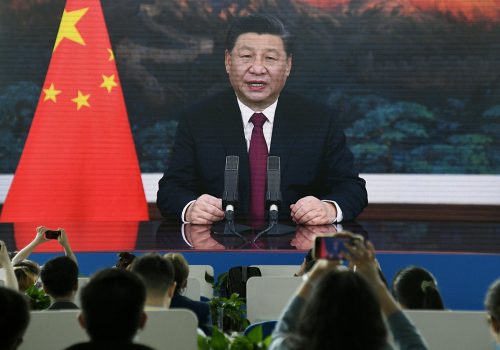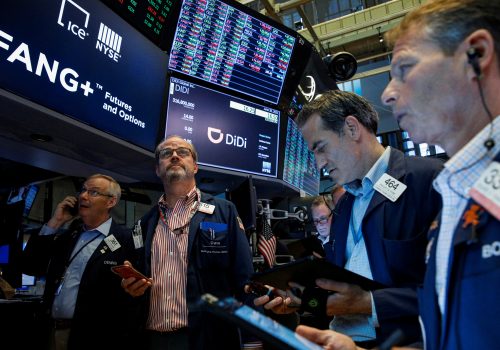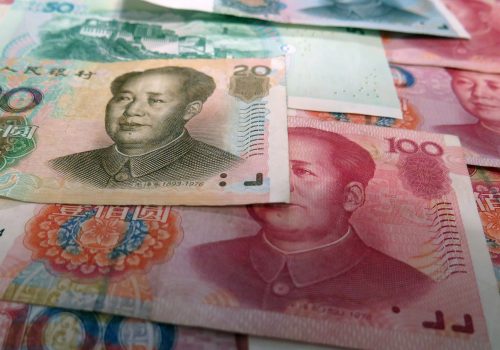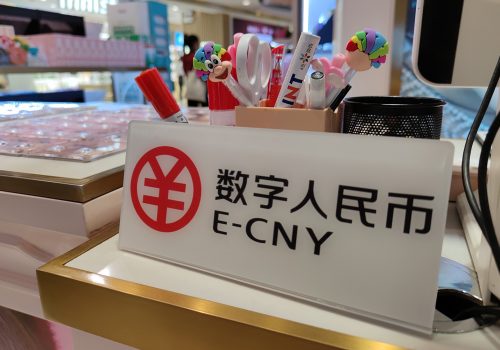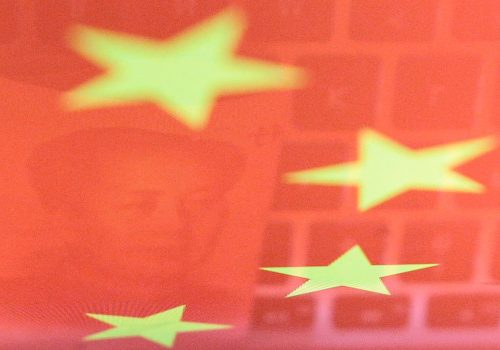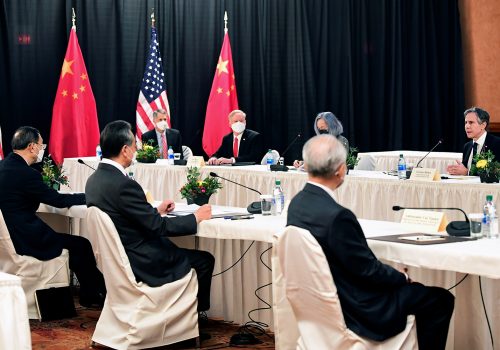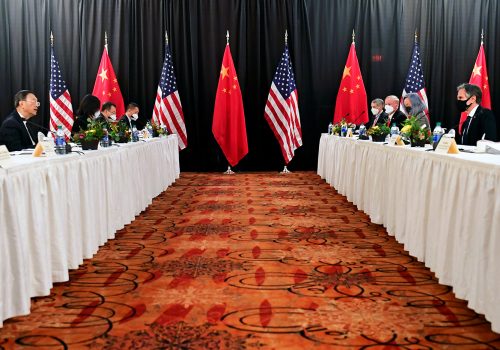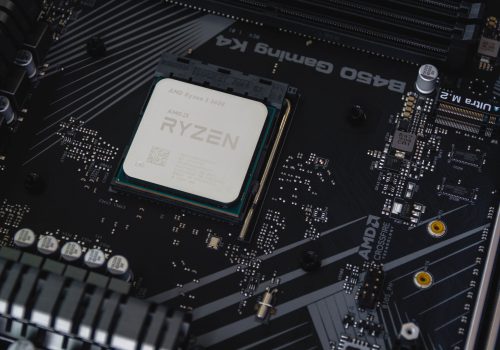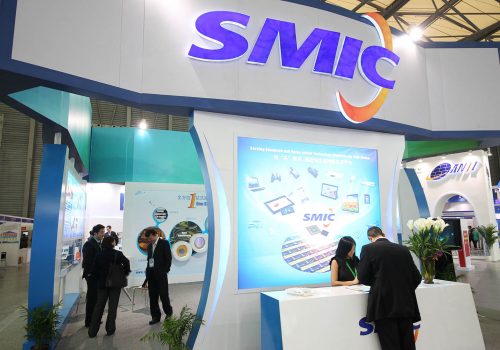China policy is the perfect test case for GeoEconomics. US and international responses to Beijing’s behavior are financial and regulatory in scope, catapulting technocratic processes to the forefront of national security deliberations like they never have been before. Scroll to read our experts unpack the details.
The GeoEconomics team is skeptical that a decoupling between China and the United States is possible, let alone desired. From trade remedies to tax, from export controls to accounting standards and investment screening, and sanctions—always sanctions—this is new territory for many security practitioners. We have embarked on a bi-partisan policy experiment that has not yet defined its own terms of engagement.
Spotlight
China Pathfinder
China is a global economic powerhouse, but its system remains opaque. Policymakers and financial experts disagree on basic facts about what is happening inside the country. To create a shared language for understanding the Chinese economy, the China Pathfinder project scores China and other open market economies across six key areas and presents an objective picture of China relative to the world.
Financial markets
Technology
Economic Statecraft
Manufacturing

At the intersection of economics, finance, and foreign policy, the GeoEconomics Center is a translation hub with the goal of helping shape a better global economic future.
